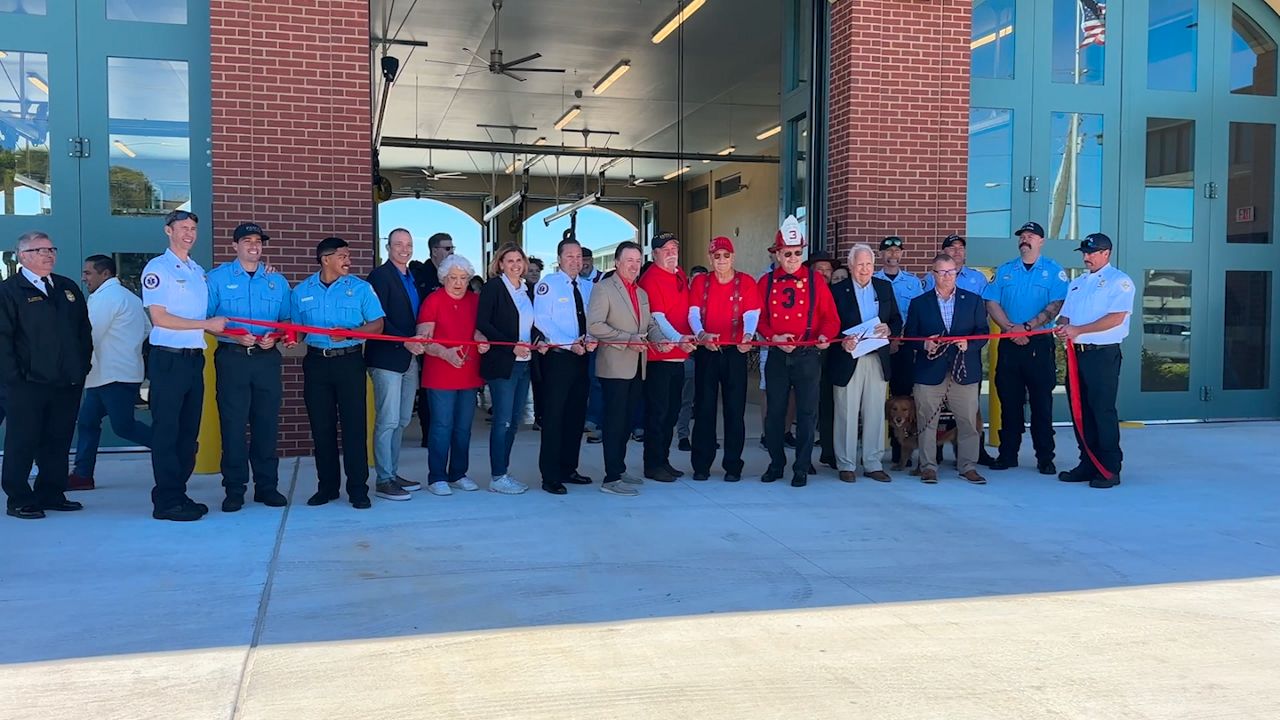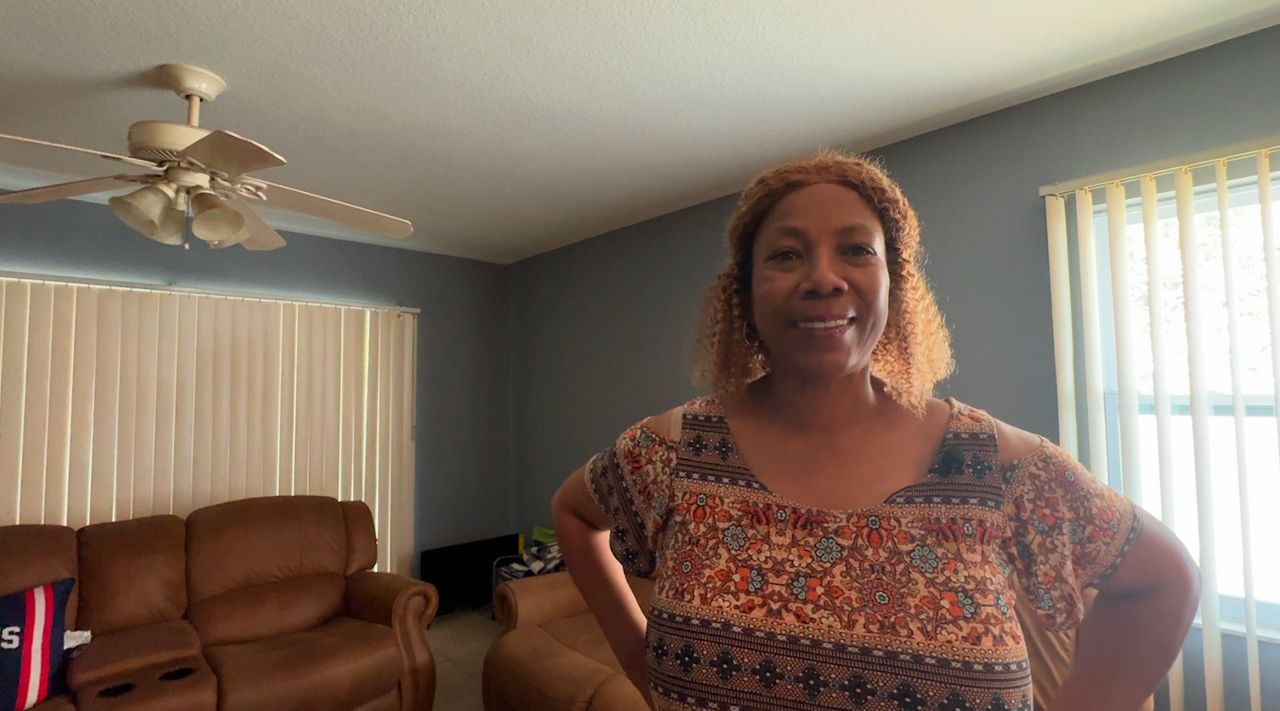ST. PETERSBURG, Fla. — Leon Jackson remembers the moment when three words changed everything.
What You Need To Know
- During the early 1960s, a group of Black St. Petersburg police officers were only allowed to police, investigate and make arrests in Black neighborhoods
- Leon Jackson, one of the 12 Black police officers, recalls the day when he and his colleagues decided to sue the St. Pete Police Department for discrimination
- The group became known as the "Courageous 12" for challenging the police department in a time of racial tension
- The legal victory created a ripple effect across the country with Black officers in other cities and counties suing for the same rights – and won
In the early 1960s, Jackson was one of 12 Black uniformed officers with the St. Petersburg Police Department. There was also a Black sergeant and two Black detectives on the force.
But the dozen uniformed officers were hamstrung. They were only allowed to police Black neighborhoods, only allowed to investigate complaints from Black people and only allowed to arrest Black people. If they felt a white person should be arrested, they had to call a white officer to make the arrest.
Black people in St. Petersburg derisively called Jackson and his fellow Black colleagues “half officers.” Jackson says it was humiliating.
“They would tell us, ‘You’re nothing but a half police officer. You can’t arrest whites. You can’t give whites tickets,’” Jackson said. “(You) Know what I would say? Nothing. Because they were right.”
Those 12 officers knew it was discrimination. Yes, they were part of the department, but they were not being given the same rights as their white counterparts. That’s when those three words changed everything.
“(Officer) Freddie Crawford said, ‘Let’s sue ‘em,’” Jackson recalls.
At first, using their own money to pay for it, the 12 officers filed a lawsuit against the St. Petersburg Police Department alleging discrimination.
It was a brave decision. The officers knew they were possibly putting their jobs in jeopardy, but also their lives. Rui Farias, executive director of the St. Petersburg Museum of History, said St. Pete was bubbling with racial tension at the time. Violence in response to the lawsuit was not out of the question.
“Protest was met with violence. It wasn’t just their jobs on the line, it was their lives as well,” Farias said. “It took a tremendous amount of courage for them to stand up and do this.”
It’s the reason the dozen officers came to be known as the Courageous 12.
At first, the courage did not pay dividends. A federal judge in Tampa ruled against the 12 officers. But on appeal – with the NAACP now paying for the lawsuit – a judge sided with the Courageous 12. The judge said Black officers should be given the same powers and responsibilities as their white counterparts.
The legal victory created a ripple effect across the country. Black officers in other cities and counties sued for the same rights – and won. The Courageous 12 set a precedent with their landmark win in court.
“Great pride, great pride. It’s an honor for me,” said Jackson, who would become the first Black officer in St. Petersburg to patrol a predominantly white neighborhood. “It’s not a ‘me thing.’ It’s a ‘we thing.’ It’s an honor for we 12 police officers to stand up and challenge racism and change the system in St. Petersburg.”
Things certainly did change. Now, the mayor and police chief are African American, something Jackson said he never dreamed would happen. A plaque now hangs on the wall of the St. Petersburg Police headquarters commemorating the Courageous 12’s contributions. They are contributions Jackson tries to talk about as often as he can, knowing the other 11 officers have all since passed away. Jackson is the only member of the Courageous 12 still left.
So, now in his 80s, he will carry around his trusty notebook of Courageous 12 artifacts, telling the story of how three words helped a dozen officers challenge the system in St. Petersburg — and win.









